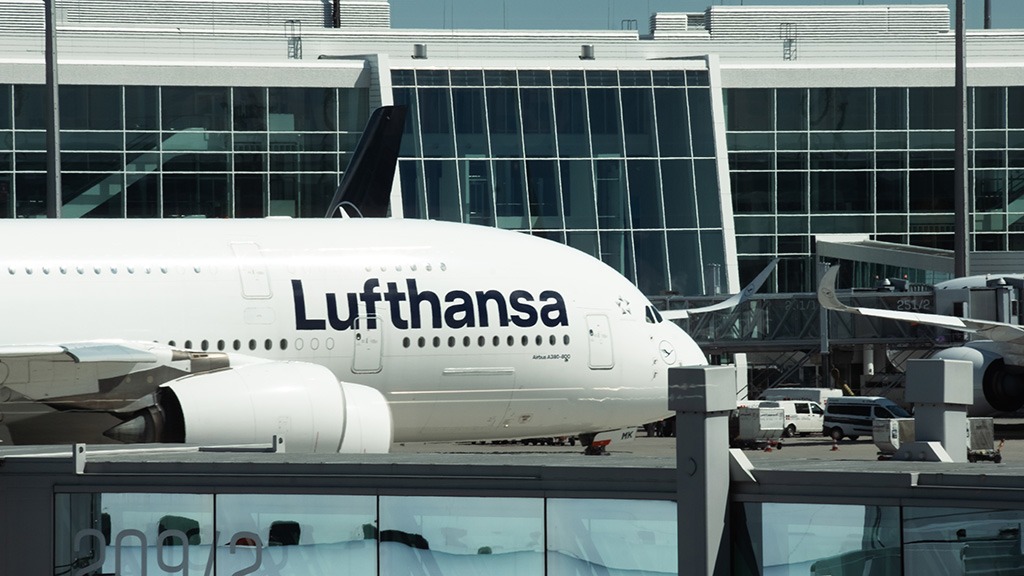Lufthansa Group will axe 4,000 administrative roles by 2030 as Europe’s biggest airline doubles down on digitisation, artificial intelligence, and deeper integration across its carriers.
The announcement came at Lufthansa’s Capital Markets Day in Munich, where executives set out a five-year plan to overhaul processes, streamline governance, and drive efficiencies through technology. The cuts will primarily affect non-operational staff in Germany.
The group, which owns Lufthansa, Swiss, Austrian Airlines, Brussels Airlines and ITA Airways, said it is “reviewing which activities will no longer be necessary in the future, for example due to duplication of work”. The restructuring is intended to unlock synergies across the portfolio and speed up decision-making.
The job reductions come against a backdrop of difficult trading conditions. Lufthansa has struggled to restore its flagship airline to profitability following strikes, supply chain issues and regulatory delays. CEO Carsten Spohr said the group had “regained operational stability” but warned that external pressures remained.
Despite the cuts, Lufthansa is pressing ahead with growth initiatives. The airline will add more than 230 new aircraft by 2030, including 100 long-haul planes, in what it describes as its most ambitious fleet renewal programme to date.
The group also highlighted its revamped loyalty programme as a key driver of revenue growth and customer retention. Together with digitisation, these moves underpin Lufthansa’s upgraded mid-term profit forecast: an adjusted operating margin of 8–10% from 2028, compared with a previous 8% target.
Lufthansa executives said artificial intelligence will play a central role in its restructuring, from automating back-office functions to improving customer service and operational efficiency. The group is investing heavily in digital platforms to integrate booking, loyalty and ancillary revenue streams across its airline portfolio.
While the measures are designed to boost competitiveness and profitability, the job losses are likely to attract political and union scrutiny in Germany, where aviation remains a strategically important industry.


